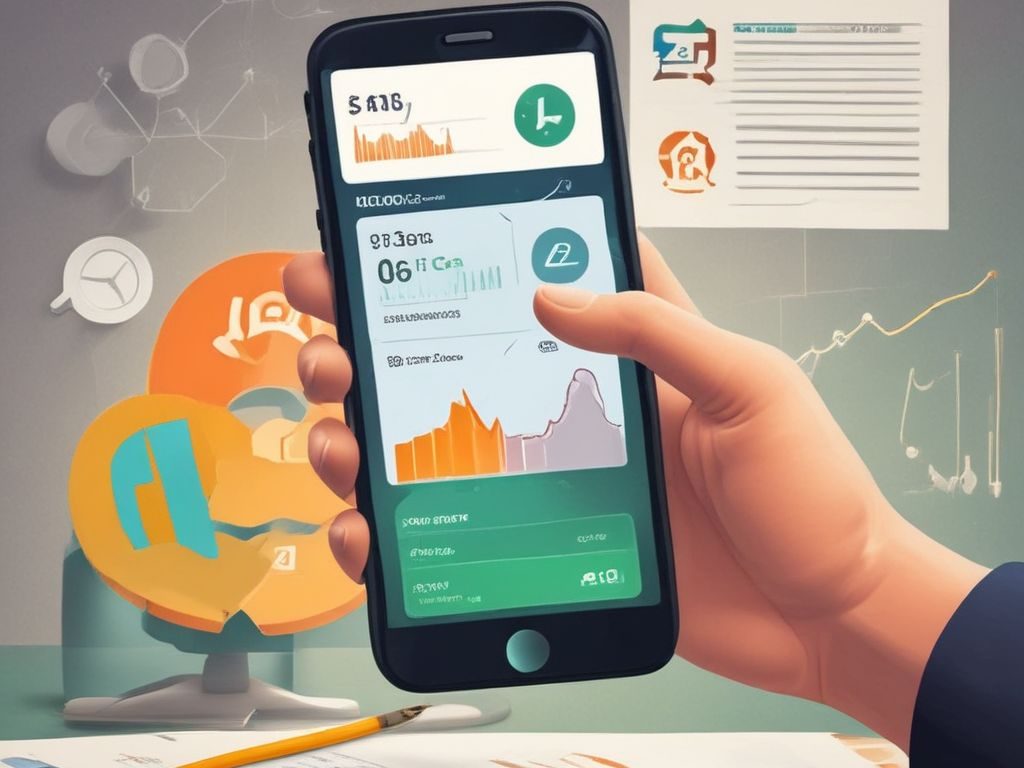Physical Address
304 North Cardinal St.
Dorchester Center, MA 02124
Physical Address
304 North Cardinal St.
Dorchester Center, MA 02124

Your credit score? Yeah… it’s just a three-digit number 😬. But don’t let that fool you—it actually plays a huge role in your financial life. It can decide if you get approved for a credit card, what interest rate you pay on a mortgage, or even if you can rent that apartment you like 🏠. So Here I am suggesting you 8 Tips to Manage your credit score and to improve it.
Here’s the thing: lots of people don’t really get how credit scores work, what affects them, or how to improve them. If that’s you… don’t worry. You’re not alone 👍.
This guide is here to break it down, demystify the whole thing, and give you the tips you need to use your score to your advantage 💪.
Your credit score? It’s basically a number between 300 and 850 that shows how well you handle borrowed money 💳. Lenders use it to figure out if you’re likely to pay back loans or credit card balances.
There are two main scoring models: FICO® and VantageScore®. Both are pretty similar, but FICO® is used by over 90% of top lenders.
Bottom line: the higher your score, the better your chances of getting approved — and the lower your interest rates 🏦. Simple as that.

Your credit score? Yeah… it’s not just about loans 😬. It affects a lot of stuff:
Loan & Credit Card Approvals 💳 – Good score = way more likely to get approved.
Interest Rates 💰 – Higher score = lower rates. Seriously, it can save you a ton over time.
Rental Applications 🏠 – Landlords peek at it before handing over a lease.
Utilities & Deposits ⚡💧 – Your credit can change how much you pay upfront.
Job Applications 👀 – Some employers check your credit report (not the score itself, relax).
Bottom line: strong score = more freedom, less stress, more money in your pocket 💪✨.
Your credit score? Yeah… it comes from your credit report 📄. The FICO score—the one most lenders use—is based on five main things:
Payment History (35%) 💳 – Pay your bills on time. Miss one? Oof… your score drops.
Credit Utilization (30%) 🔢 – How much of your available credit you’re actually using. Keep it below 30%, seriously.
Length of Credit History (15%) ⏳ – Longer accounts = better score. Old school is good here.
Credit Mix (10%) ⚖️ – Different types of credit help (cards, loans, student loans). Variety is key.
New Credit Inquiries (10%) 🕵️♂️ – Every hard pull, like applying for a loan, can temporarily ding your score.
Want the full scoop? Check out FICO’s official breakdown. Trust me, it’s worth it 😎.

FICO credit scores usually break down like this:
A score of 700 or above is generally considered good — and it can unlock access to better financial products 💳.
For example, I remember when I finally hit around 720. I applied for a new credit card with a lower interest rate and actually got approved instantly 😎. It felt amazing knowing that all the small payments I’d been making on time over the years really paid off. That little boost in my score opened doors I didn’t even realize were there!
You’re entitled to one free credit report each year from each of the three major credit bureaus — Experian, Equifax, and TransUnion.
Many banks and credit card companies also provide free credit score monitoring, and platforms like Credit Karma or NerdWallet offer easy access to both your credit report and score.
Wanna boost your score? Yeah… you can do this 😎. Here’s what actually works:
Pay On Time, Every Time ⏰ – Set reminders, use autopay… trust me, missing a payment? Ugh, it hurts.
Keep Balances Low 🔢 – Try to stay under 30% of your credit. Easy way to keep things healthy.
Avoid Opening Too Many New Accounts 🚫 – Every new application = small dip. Don’t go overboard.
Keep Old Accounts Open 🕰️ – Those old cards? Don’t close ‘em. Long history = better score.
Dispute Errors 📝 – Check your report regularly. Mistakes happen, fixing them can actually give your score a little boost.
Myth 1: Checking your own score hurts it ❌
Nope… totally false 😎. Soft inquiries, like just peeking at your score, don’t touch it at all. Go ahead, check it—trust me.
Myth 2: You need to carry a balance 💳
Ugh… nope. Paying in full is way better for your score and keeps you out of interest trouble. Seriously, don’t leave money on the table.
Myth 3: Income affects your score 💰
Not really. Lenders consider your income for approval, sure… but it doesn’t actually go into your score. Relax 😅.
Okay… so here’s the deal 😅. It really depends on where you’re starting.
Small improvements? Yeah… you might see them pop up in just a few months. Nice, right? 😎
Big stuff—like recovering from bankruptcy—ugh… that can take years. But seriously, if you stick to good habits, pay on time, and keep balances low, you’ll see steady progress over time 💪✨. Slow and steady wins. Always 🐢.
Okay… your credit score 😅. Yeah, it sounds boring, but trust me — it’s powerful. Like, seriously.
Learn how it works. Make smart moves. And boom 💥 — doors open: better loans, lower interest rates, more confidence 💳💰.
Start small: check your report. Set up autopay. Keep balances low. Even tiny changes? They add up 🚀.
And hey… perfect score? Nah. Don’t stress. Just a healthy one that works for you 👍✨. That’s more than enough.
Now that you understand credit scores, the next step is understand how to get a car loan even with a bad credit score!
📘 Read more: How to Get a Car Loan Even with Bad Credit